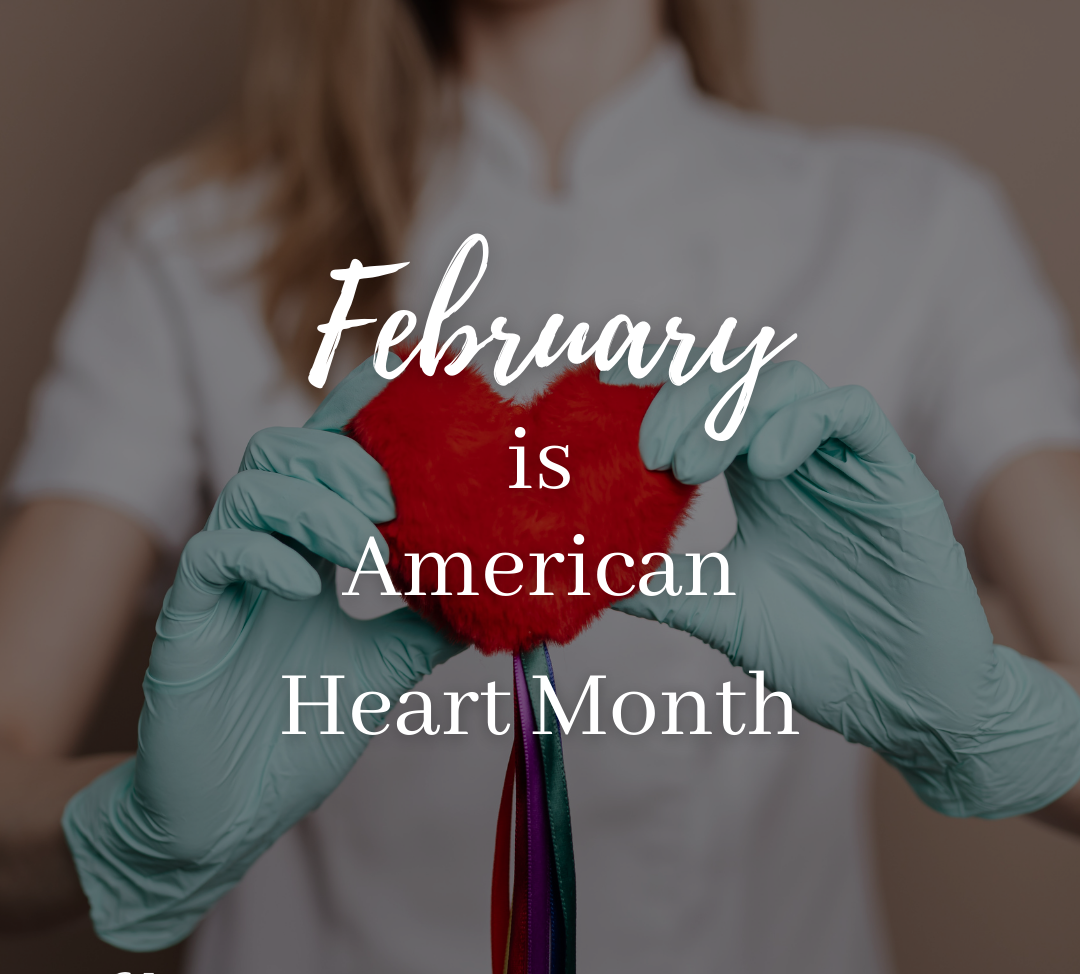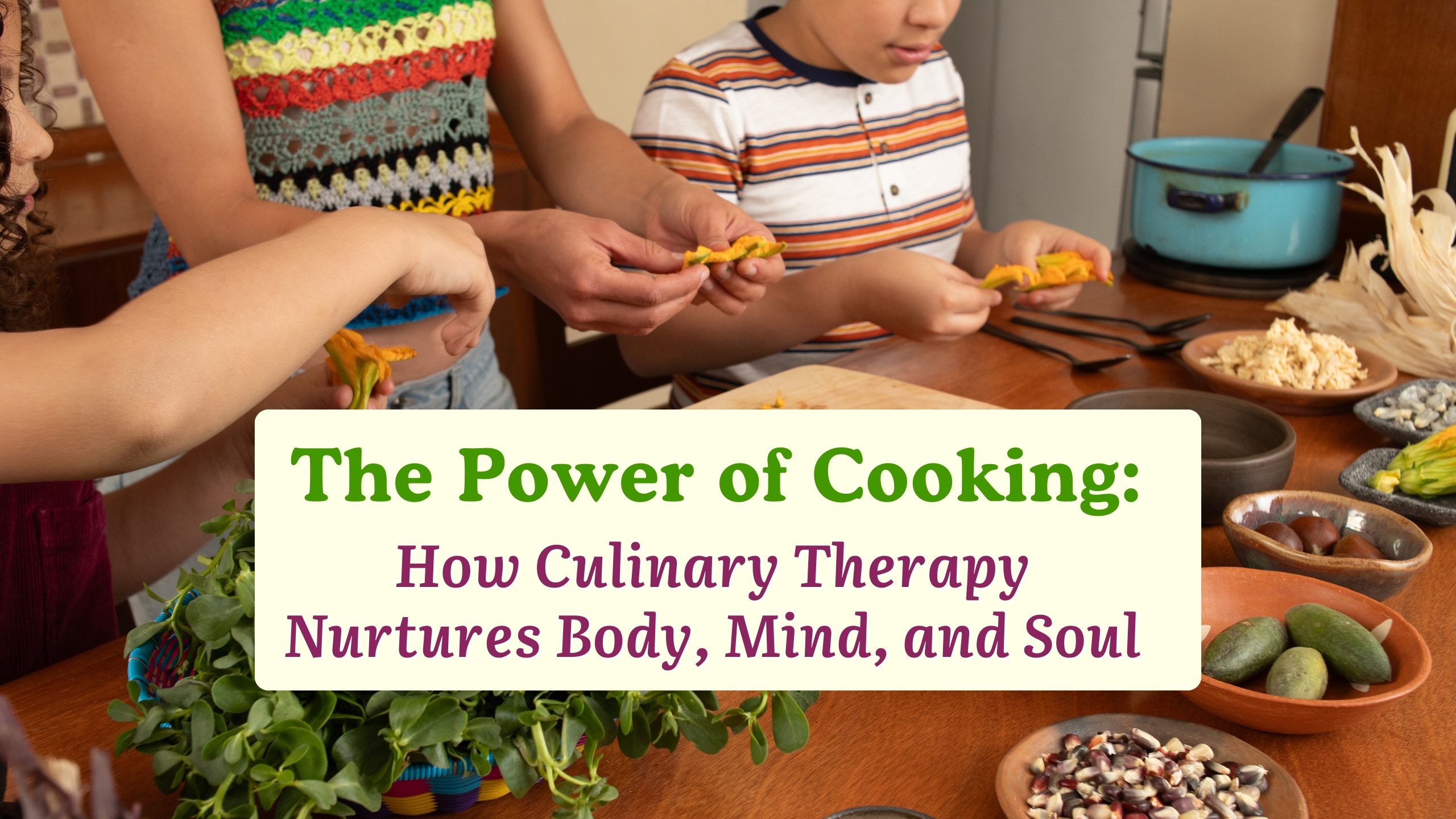I am Dr. Monique, Board-certified Family Physician and Founder of Physician in the Kitchen. With my NEW best-selling cookbook, Doc Fix My Plate! The Physician In The Kitchen’s Prescriptions For Your Healthy Meal Makeover, my other best-selling book, MealMasters: Your Simple Guide to Modern Day Meal Planning, my online course, Vegan-ish: How To Plant-Base Your Pantry and online cooking classes, I help busy households enjoy healthy plant-based eating without impacting their hectic schedules.
February is American Heart Month. Heart disease is the leading cause of death in this country for both men and women. One way to decrease your risk for heart disease is to eat a heart-healthy diet. All diets designed to promote heart health are low in fat and cholesterol and high in fiber. Vegetarian diets, then, are natural choices for those who want to reduce the risk of heart disease because vegetarian diets are naturally low in fat and cholesterol and high in fiber! Eliminating meat, poultry and fish, which are among the foods highest in fat and cholesterol and lowest in fiber, can be a giant step toward improving heart health. Another step, which comes naturally to vegetarians, is to increase the consumption of plant-based foods that are naturally high in fiber. Plant-based foods, particularly fruits and vegetables, also provide antioxidant protection for the heart.
According to the American Heart Association, heart disease is responsible for almost 1 million deaths annually in the United States, half of which are women. The good news is that many of the risk factors that lead to heart disease – obesity, smoking, and a sedentary lifestyle, to name just a few – can be remedied.
“Simple changes such as watching what you eat and exercising are two powerful steps in helping to reduce your risk of heart disease,” said Dr. Suzanne Steinbaum, a cardiologist at New York’s Beth Israel Medical Center.
Here are some simple tips to help reduce your risk of developing heart disease.
- Add heart-smart foods. Living a heart-healthy lifestyle does not mean giving up delicious foods. Fruits, vegetables, and whole grains are heart-healthy winners.
- Get a move on. Physical activity is essential for a healthy heart. Start small. Take the stairs instead of the elevator, squeeze in a 15-minute walk during your day or park your car in the farthest parking spot at the grocery store.
- Weigh your options. Being overweight puts your heart at risk. If you are overweight, losing as little as 5 percent to 10 percent of your current weight can help reduce your risk for heart disease. Healthy eating and physical activity can help you reach your healthy weight goals.
- Know your numbers. Learn about your own risks for heart disease. Keep tabs on your health and pay attention to any abnormal signs and symptoms. Visit your health care professional and have your cholesterol checked regularly.
- Stop smoking. There are many ways to kick the nicotine addiction. Be sure to ask your doctor which is best for you.
The following guidelines are recommended for cooking heart-healthy vegetarian meals:
Saute foods in water or very small amounts of olive or canola oil. Olive and canola oils are considered the healthiest oils because they help to reduce cholesterol levels in the blood. Low-fat cooking methods are also recommended for heart health. Such methods include broiling, steaming, roasting, baking, poaching, boiling, and stir-frying with little or no oil. You can also try replacing some of the oil, butter, or margarine in recipes with water, juice, applesauce, or pureed prunes. Frying foods, particularly deep-frying, is never recommended for those concerned about heart health.
Since egg yolks are high in cholesterol, whole eggs can often be replaced with bananas, tofu, applesauce, or egg replacers in most recipes. You can also replace the yolk with the white of another egg. For example, if a recipes call for one egg, use two egg whites and discard the yolks.
When shopping for ingredients for heart-healthy meals, buy plenty of fruits, vegetables, whole grains, legumes and fat free or low fat milk products. Avoid frozen vegetables with cheese, cream or butter sauces. Read the labels on snack foods to find out how much fat and cholesterol they contain. The best snacks are popcorn, fresh fruits and vegetables, rice cakes, and pretzels. There are also lower fat baked versions of many chips that would ordinarily be high in fat.
Fiber helps to cleanse the blood of cholesterol, which is why high fiber diets are considered beneficial to the heart. To fiber intake, choose whole grain breads and cereals and limit the consumption of refined (white) breads and cereals. Also limit consumption of sugary baked goods like croissants and muffins, which tend to be low in fiber and high in fat.
Eating out can be especially challenging both to vegetarians and to those concerned about heart health. Some simple guidelines can make it easier. For example, choose stir-fried entrees, steamed vegetables, and pasta with tomato sauce. Order baked potatoes without butter or cheese, and choose vegetable-based soups. Avoid mayonnaise-based salad dressings, and always ask for dressings and sauces to be served on the side so you can limit the amount you eat. Saturated fats and trans fats should be avoided, while monounsaturated fats are generally considered good for the heart. The fact that saturated fats are mostly found in animal products is another natural advantage for vegetarians concerned with heart health. But saturated fats are also found in coconut, palm, and palm kernel oil, so these oils should be avoided on a heart healthy diet. Trans fats, which may also contribute to the development of heart disease, are found in margarine and many baked goods. Monounsaturated fats, the kind that are good for the heart, include canola oil, olive oil, flax seed oil, nuts, avocado, soy, and nut butters.
A vegetarian diet that includes soy products may add an extra benefit for heart health. Many studies suggest a connection between soy, such as tofu, soymilk, and soy yogurt, and lower rates of heart disease. The usual recommendation is 25 grams of soy protein per day.
Since cholesterol is only found in food of animal origin, such as meat, eggs and dairy products, vegans do not need to worry about cholesterol in the foods they eat. Grains, legumes, nuts, fruits, vegetables, and vegetable oil are all naturally cholesterol-free. Conversely, only vegetarian foods provide heart-healthy fiber. Oats, carrots, fruits, and beans are especially high in the kind of fiber that helps to lower cholesterol levels in the blood.
Be sure to join me weekly on the Clubhouse app, Mondays at 6 pm EST as I discuss my journey toward more plant-based meals as well as tips and tricks I have learned along the way that may help you as well.
See you in the kitchen!

For more information, be sure to visit me at DrMoniqueMay.com, and join the #MealMastersCommunity at www.Facebook.com/groups/mealmasters today.
Follow me on Instagram at https://www.instagram.com/drmoniquemay and https://www.instagram.com/physicianinthekitchen/ and Facebookat https://www.facebook.com/DrMoniqueMay and https://www.facebook.com/physicianinthekitchen.



